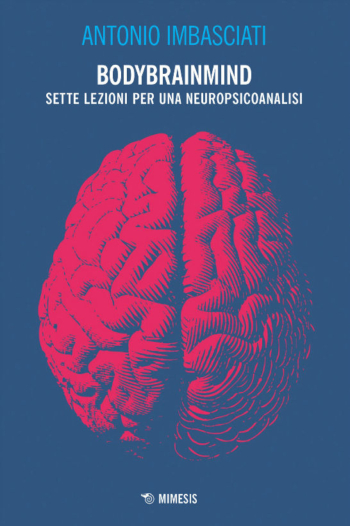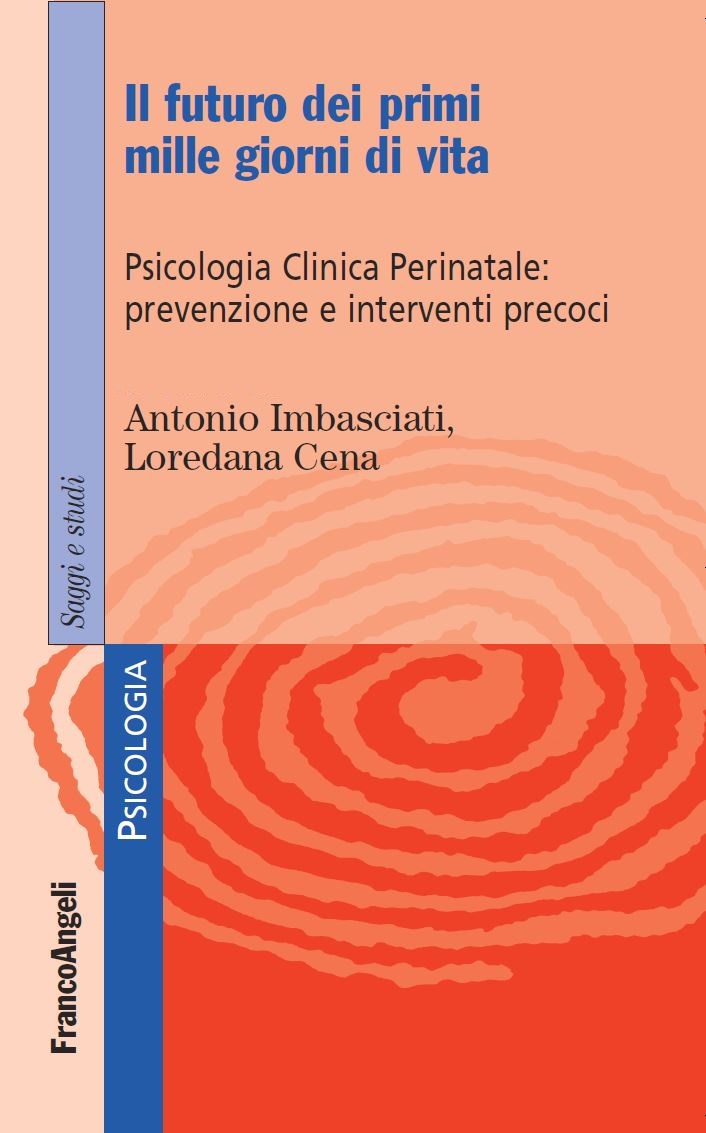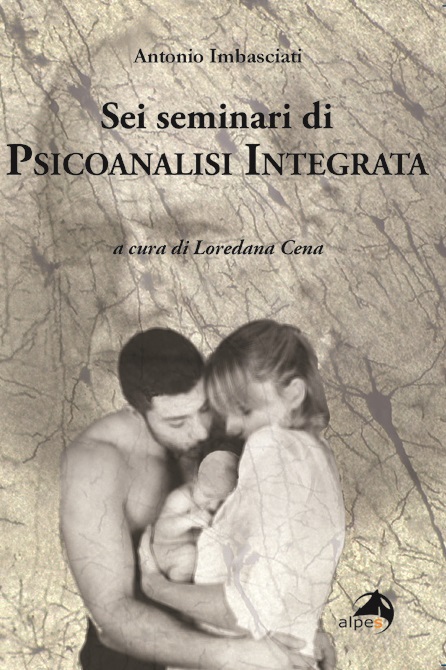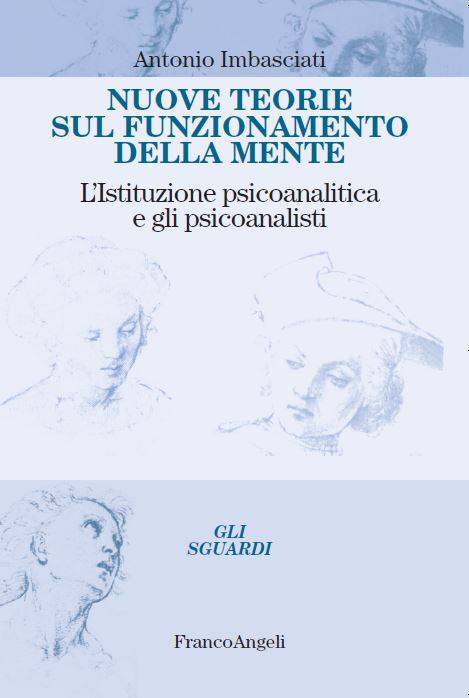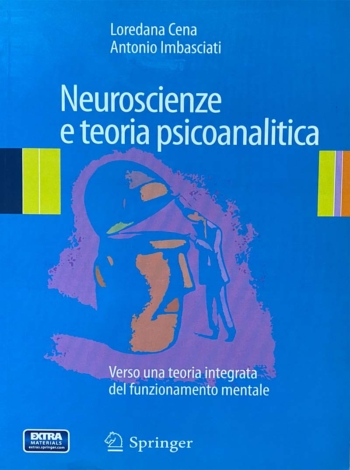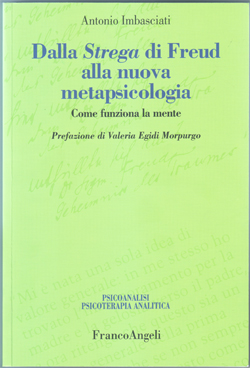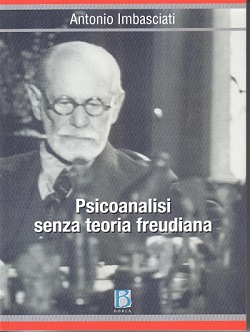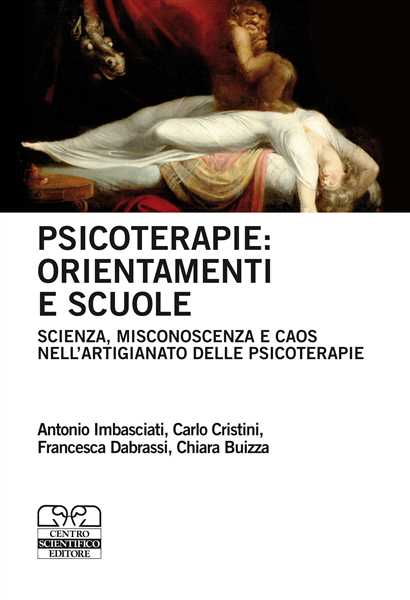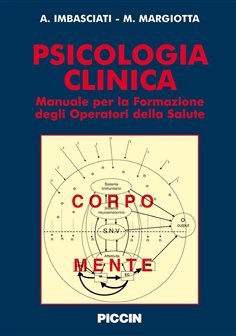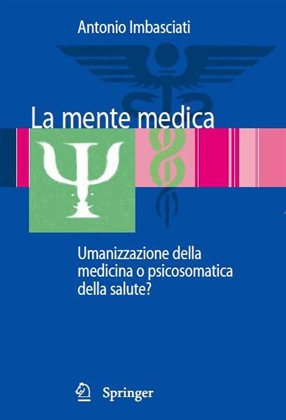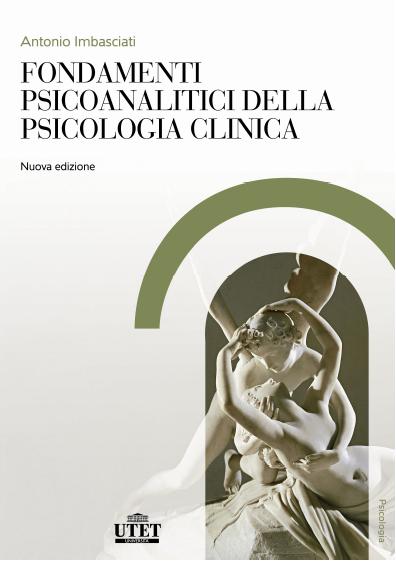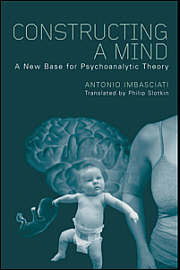Printed books
[Of the area of competence 4. New Psychoanalytic Theories]Neuropsychoanalysis aims to check the neurobiological processes which may explain what psychoanalysis describes as psychic emotional and unconsciouss events which drive human behaviours, motivations and individual life events, and what a person believes and thinks in his/her personal consciousness. This is the study about the relations between mind and brain.
Nobody has a mind equal to an other’s one, and Neuroscience has demonstrated thet nobody has the same brain of another human being. Brain is constructed (follow)
In the first thousand days of life, counting from conception, a first individual functional matrix – synaptic networks – is formed which will condition every subsequent elaboration of the life experiences of that individual and therefore every further construction of functionality in the individual’s brain, i.e. every subsequent neuro-psycho-somatic development of that person. This first […]
Freud founded psychoanalysis since more a century. His invention of a particular method in seeking into the mind allowed him a very important discovery and the constitution of a new science, which he expected to be developed.
In this last book (www.imbasciati.it) I have collected and tried to summarize the ideas I have developed by integrating different sciences of the mind during my long experience as a psychoanalyst, a researcher, then a professor, a trainer as well as a director of a university school. Throughout my professional life I aimed at systematizing, integrating and possibly unifying the diverse theories on the origins and functioning of the mind. In psychoanalysis these theories – although they were formulated over a century ago – are still mixed and confused in a state of inadequacy both in terms of epistemology and general culture. In my life, psychoanalysis has been the field where I have, most passionately, found implicit scientific limits in the institutions which have as their explicit goal the development of the science that Freud founded one-hundred years ago. But this is the case everywhere: Institution, as Elliott Jacques said, works against Organization. (…)
Today psychoanalytic clinical practice is not that Freud’s. Infant and infant-with-mother/parents psychoanalysis opened up large perspectives that have deeply affected the whole psychoanaltic theory and practice. Psychoanalytic clinical practice changed and progressed greatly. But in its theoretical frame today psychoanalysis has a number of concepts and theories, so that a confusion and different laguages have developed. This is due to an obstinate almost religious preservation of old concepts along new ones. In particular energy-drive concepts of Freud’s Metapsychology contradict the progress of current psychoanalysis, and yet they are used. (…)
In Freud’s time “psychology” was a proper psychology of consciousness: it meant what one could consciously know about himself. Freud discovered unconscious events: he must explain to his contemporary scientists how these phenomena could exsist an how an unconscious mind might function. He wrote his metapsychology (1915): “meta” (=beyond) would say that mind could be considered also beyond consciouseness psychology. He supposed that the unconscious was moved by an instinctual force (libido) for which he used the german word “trieb” (=push). This word was hardly transalated as “drive” and in neolatin as“pulsion” . (…)
Psychoanalysis changed since Freud’s time. Nowadays psychoanalysts work in a very different way from hundred years ago. A big development happened in clinical practice, but theory was disregarded. As a consequence, people who don’t work in the psychoanalytic field cannot know the theories which are implicit in clinical practice and hold on to the only knowledge that Freud outlined. In his Metapsychology the Master pointed out his energy-drive explication of the functioning of the mind: it was syntonic with the sciences of his time, it was easy to understand and became popular, as the specific schematic pcture of psychoanalysis. The Psychoanalytical Organizations (IPA) carefully attended to the clinical training of their members, but they did not promote the explicitation of new theories. Mostly, they did not promote a formulation of a theory that could be understood by everyone and characterized psychoanalysis, like Freud had been able to do for his time. As a consequence, we still find a popular picture of psychoanalysis which is obsolete and open to criticism, as it is not yet syntonic with what people may know about science. Today this bad image damages the whole field of psychoanalysis, despite its progress. (…)
Today an increasing number of people feel psychic discomfort, generally labelled as stress, and they therefore say: “I may need psychotherapy.” But there is much hesitation between such a statement and its realization. Many other people don’t even feel the need for it, crushed by the fast pace of contemporary society, while, as a result of the social situation, they would actually have a great need for it. The first hesitation is due to ignorance, or rather to the misconception of what is meant by “psychotherapy”. (…)
The progress of medicine has made the medical profession highly technical and fragmented in may different specializations, thus decreasing the spaces where a doctor can practice that human care which used to characterize his role. Complementarily, other helping professions have been enhanced, first of all nurses, and many other health graduation programmes (three- and now also five-year) have been created. The dimension of “human” care that the physician can no longer carry out is transferred to these “new doctors”. “Rehumanizing medicine” and reducing the “medicalization” of health services is a project in people talk about. (…)
Progress in medicine has made the physician’s practice more technical and has inevitably reduced the mental and operational spaces that he used to devote to the human relationship, which in the past he was able to establish with his patients. In this regard, the physician did effectively embody the Latin saying medicus ipse farmacum. Also the current medical training, with an ever increasing necessity for biological and technical knowledge and the continuous updating required in these fields, decreases the possibility for the doctor as a person to take care of the patient as a person. What Balint described in his book Doctor, patient, and illness in 1957 is a myth by now. Inevitably the organisation of hospitals and other health facilities has also become burocratic, erasing all possibility of being “humane”. (…)
Great misunderstanding exists when trying to comprehend what is meant by Clinical Psychology and its connections with Psychoanalysis. Just as vast is the misunderstanding of psychoanalysis itself: people talk about drive, Oedipus, libido, super ego and repression as if these were Freud’s “discoveries”. In fact, they are not discoveries at all, but concepts by which Freud tried to construct a theory –his metapsychology– using the means available at the time to explain what his ingenious method of exploration had found out and described in the clinical field. There is great confusion about what is meant by “discovery”, or rather by “theory” or “method”, just as there is confusion about the description of a phenomena and its explanation. Discoveries remain, theories change and methods develop. (…)
Psychoanalysis could be successful not merely for its clinical value – to cure unexplained syndromes that were considered incurable– or for its method, judged very ‘strange’ and not scientific, but also for the theory that Freud created to explain the origins and the functioning of the mind: the Drive Theory. (…)

